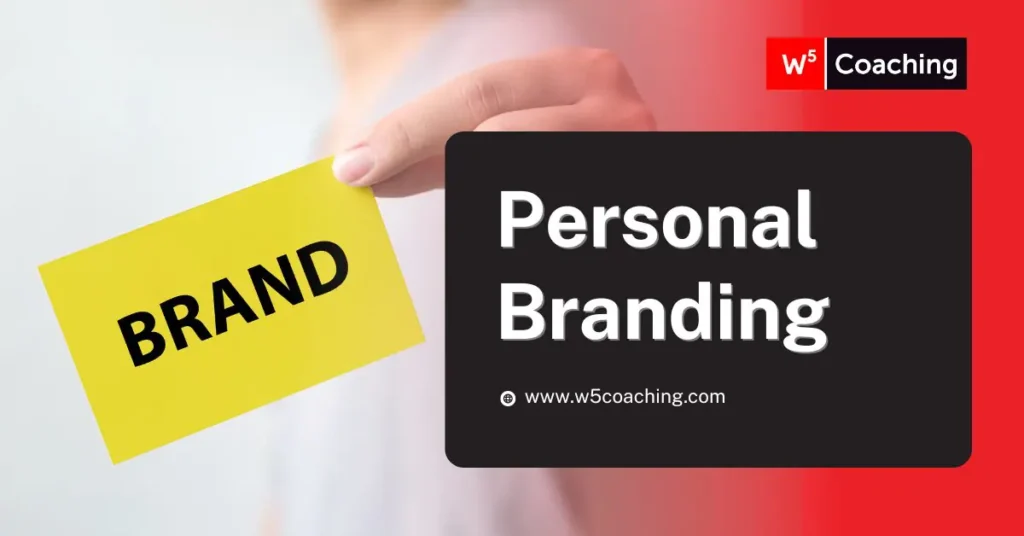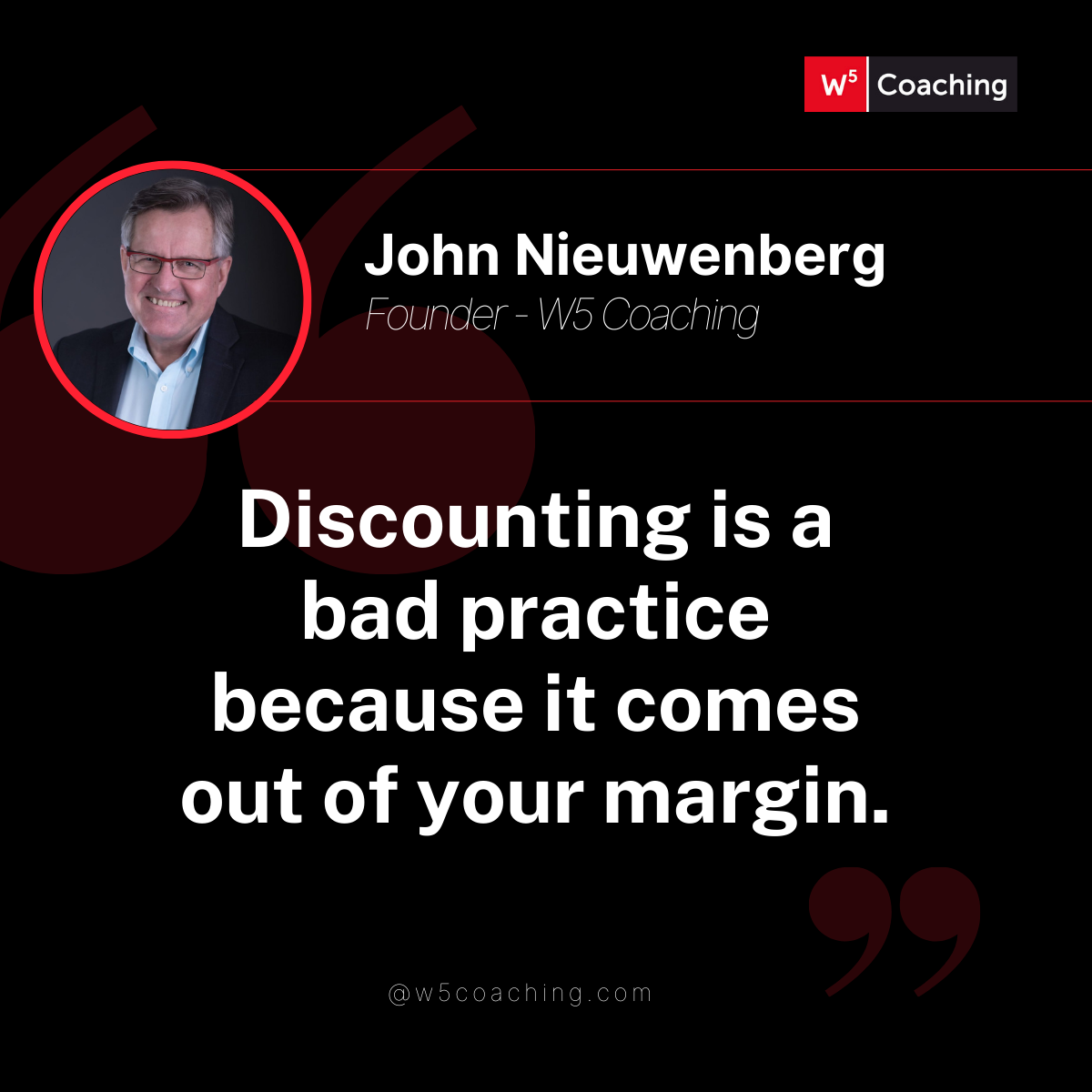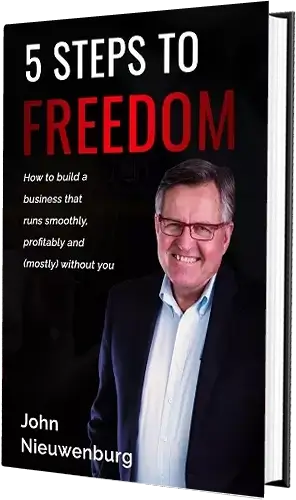Why You Need a Personal Brand or Unique Selling Proposition (USP)

Should you offer customers a discount?
Clients sometimes ask me if they should offer prospective customers a discount in order to make a sale.
Generally, I advise against this because that discount will come directly from your margin.
That’s the short answer.
The longer answer is that having people ask for discounts is a symptom of a larger problem: the lack of a Unique Selling Proposition (USP) or strong personal brand.
Without this, the only information your customers have about what makes you different from your competitors is your price.
So, the only question you get asked is “how much is it?”
When owners get battered to death with this single question, they may interpret that to mean that their market is price sensitive.
Instead, it’s a sign that they need a stronger message that sets them apart.
What is a USP?
 Your USP is a clear, concise answer to this question: “Why should a customer choose you over others?”
Your USP is a clear, concise answer to this question: “Why should a customer choose you over others?”
Examples of effective USPs:
- FedEx: “When it absolutely, positively has to be there overnight.” This USP emphasizes reliability and speed, assuring customers of prompt delivery.
- Domino’s Pizza: “You get fresh, hot pizza delivered to your door in 30 minutes or less—or it’s free.” This statement promises quick delivery and a quality guarantee.
- M&M’s: “Melts in your mouth, not in your hand.” This USP focuses on the unique product feature of the candy shell that keeps the chocolate from melting easily.
Creating a Unique Selling Proposition (USP) is a challenging task for most business owners.
It can be hard to distill the essence of your business into a concise, compelling statement.
Most owners who go through the exercise tend to come up with a flowery, two or three sentence cliché that doesn’t really mean anything because it could apply to any business. Every business claims they offer quality service.
Are you a professional advisor? You need a personal brand.
For professional advisors, your USP is deeply intertwined with personal branding.
Your position in the marketplace, your reputation, and what you’re known for all contribute to your USP.
Marketing expert Mark Schaefer refers to this as being “Known.”
The stronger your position, the more well known you are, the less significant your pricing becomes.
The beauty of a USP or personal brand is in the eye of the beholder – your customer.
Ultimately your brand isn’t what you say it is. It is what your clients say it is!
No one cares how long you’ve been in business. Or about the colour of your trucks. Or about your logo.
What they care about is what matters to them.
For example, most people see plumbing as a commodity. A plumber is a plumber.
Now, if you offer to get there fast – within minutes – that’s something that would matter to a customer and would make a good USP.
If your toilet’s stuck and you’ve made 3 calls to plumbers and they’re too busy or can’t get there until tomorrow – then your offer to get there in 20 minutes is more important than your price. Unless your price is massively different, it’s probably irrelevant.
It’s your job to educate your prospective clients about what questions they should be asking.
The key to a powerful USP lies in understanding what truly matters to your customers—often something they might not even articulate themselves.
Consider the example of home insurance.
When shopping for it, most people focus solely on the price. They rarely look into the details of coverage, terms, and conditions.
However, a client of mine learned the hard way that cheap insurance from a national bank was a poor choice.
When he faced a flood, the service was slow and unresponsive. Had he known that a slightly more expensive option would provide immediate, competent assistance, he would have seen it as cheap by comparison.
Use your USP and personal brand to steer conversations away from price.
People ask about price because they don’t know what else to ask.
Instead, shift the prospect to start thinking about the other things that constitute value in your particular sphere.
Think of it as educating your customers so that they make an informed choice in their best interest.
That shift alone will make your premium pricing seem worthwhile, if not, in fact, cheap.

Build a Self-Managing Company
How to build a business that runs smoothly, profitably, and (mostly) without you.
Feeling stressed out and overwhelmed with a business that is taking all your time - and not giving you enough in return?
Are you finding it challenging to hire the right team (and get them to do the right things)?
I wrote this little guide for you!
Enter your details below to receive your free copy!
